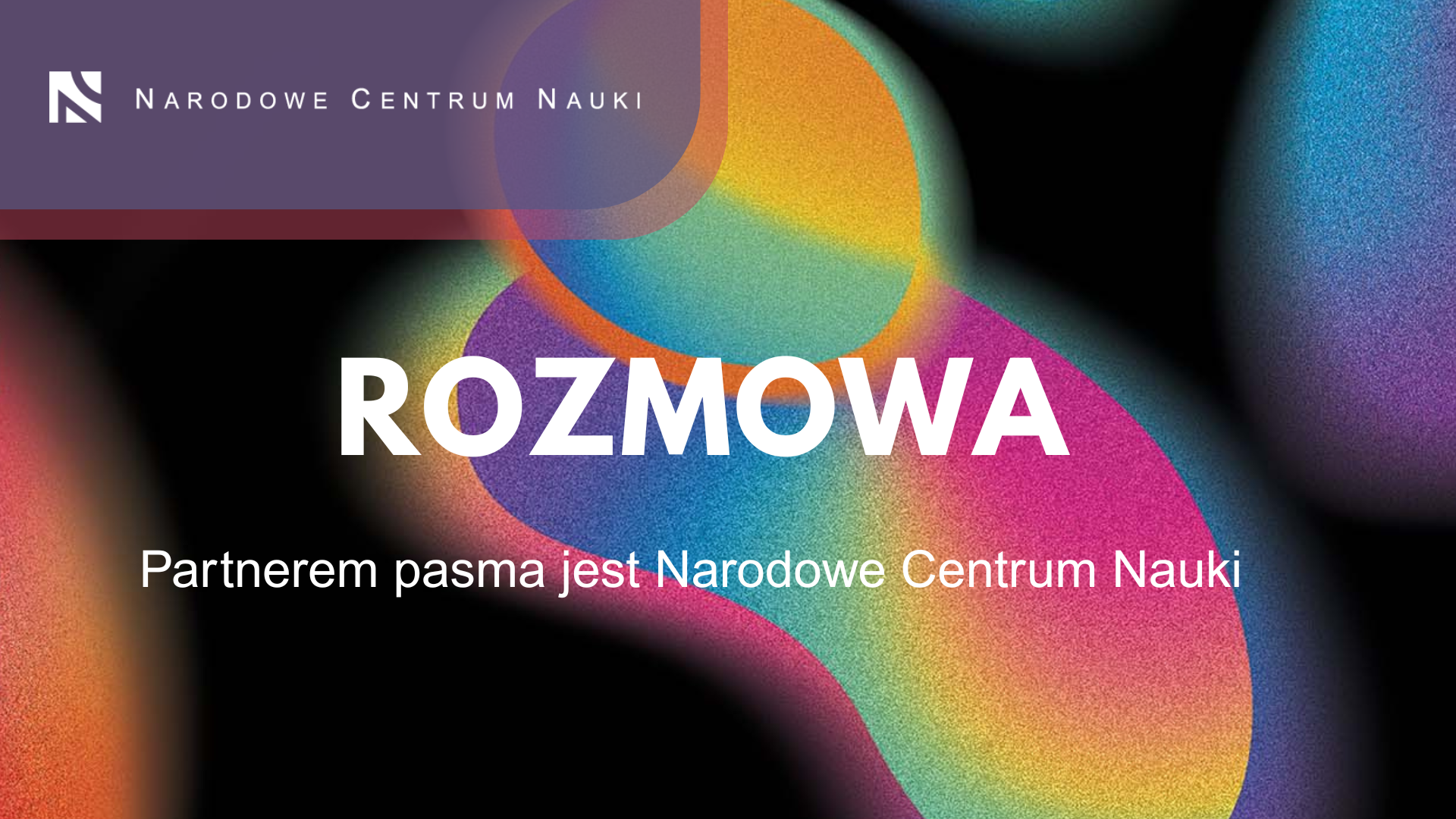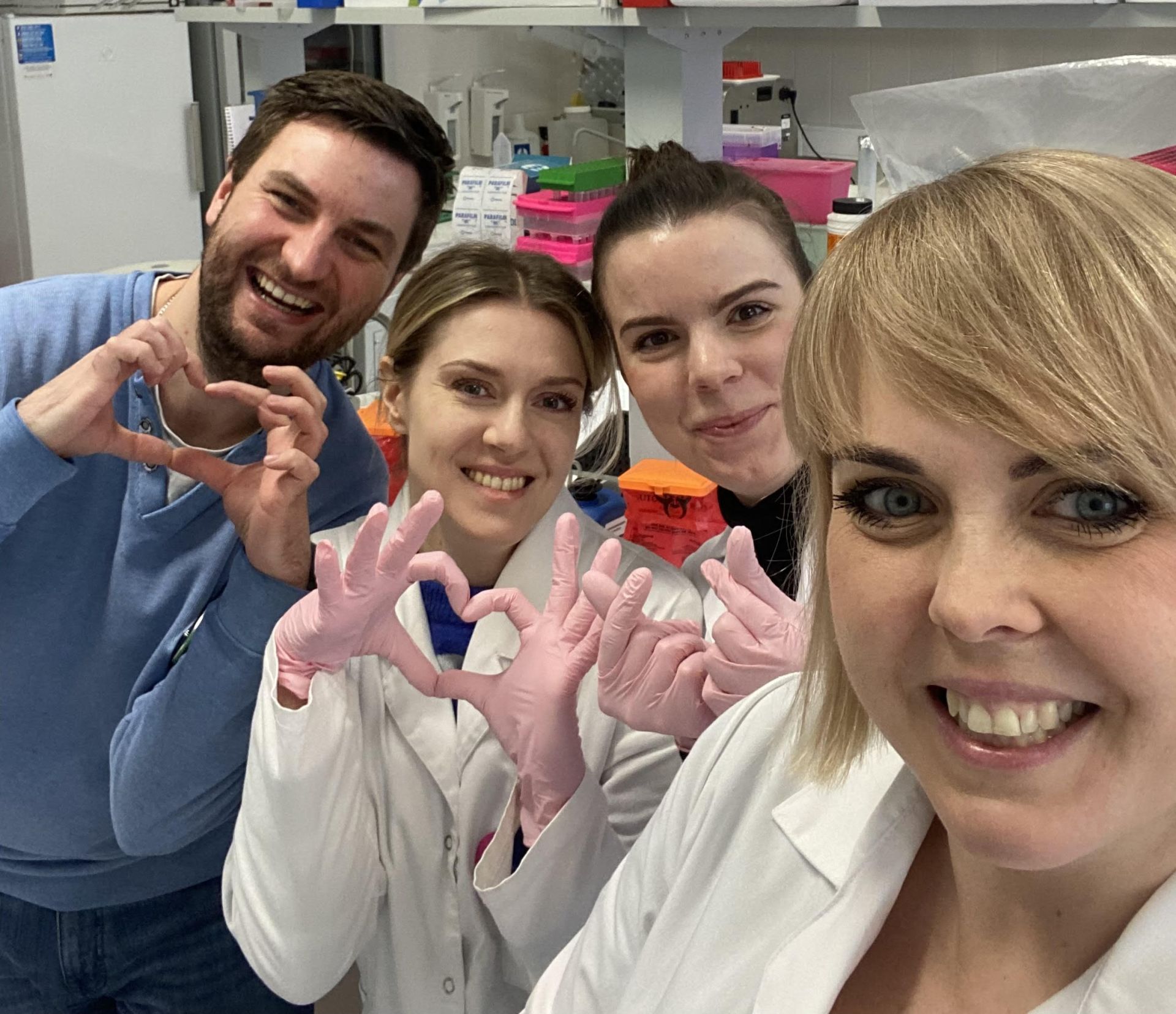The Copernicus Festival will take place on 20-25 May in Krakow. This year’s motto is “Mystery”. The National Science Centre is a partner of the festival and NCN grant winners will be featured in panel discussions and debates.
The Copernicus Festival is addressed to a public at large and aims to promote science and explain its impact on social life. It is co-organised by the Copernicus Centre for Interdisciplinary Studies of the Jagiellonian University in Krakow, Copernicus Centre Foundation, Tygodnik Powszechny Foundation and Tygodnik Powszechny Publisher. The festival has been held since 2014. This year’s motto is “Mystery.”
You will have the chance to see the NCN grant winners speak across all festival days. The “Conversation” section, created in cooperation with the National Science Centre, will feature the following lectures:

20 May 2025: Uncovering the secrets of DNA by Marcin Nowotny
21 May 2025: Life in the Stone Age by Iwona Sobkowiak-Tabaka
22 May 2025: Physics, mathematics, transcendence by Marek Abramowicz
23 May 2025: Traumatized mind by Roman Cieślak
24 May 2025: Was it worth coming down from the tree? Daily life of monkeys by Małgorzata Arlet
25 May 2025: How is artificial intelligence made? by Jacek Tabor
The meetings will be held at 4 pm at the Museum of Engineering and Technology in Krakow (ul. Wawrzyńca 15) and online. Admission free. You can follow us on the Copernicus YouTube channel.
The National Science Centre featured in Tygodnik Powszechy
The latest issue of Tygodnik Powszechny, which covered the Copernicus Festival, featured an article on the National Science Centre. Anna Korzekwa-Józefowicz inquired three researchers associated with the NCN abut their research “secrets”.
What do researchers want to know?
 Prof. Agata Starosta with her team. Private photo
“I would like to know if I will see a working and viable quantum computer in my lifetime,” says Prof. Konrad Banaszek from the University of Warsaw, expert in QT and coordinator of the QuantERA programme. “I can imagine every scenario, from spectacular success to giving up on research.” He considers other areas of quantum technologies as promising, such as communication, sensor, optical clocks.
Prof. Agata Starosta with her team. Private photo
“I would like to know if I will see a working and viable quantum computer in my lifetime,” says Prof. Konrad Banaszek from the University of Warsaw, expert in QT and coordinator of the QuantERA programme. “I can imagine every scenario, from spectacular success to giving up on research.” He considers other areas of quantum technologies as promising, such as communication, sensor, optical clocks.
“We are seeking to explain how microorganisms in Antarctica can survive in environments with limited energy sources,” says Prof. Agata Starosta from the Institute of Biochemistry and Biophysics of the Polish Academy of Sciences. Her research team studies bacteria able to live in extreme environments. “Due to climate changes, some of this knowledge may be irretrievably lost,” she stresses.
“We still do not know how brain activity impacts our feelings and thoughts,” says Prof. Łukasz Okruszek from the Institute of Psychology of the Polish Academy of Sciences. “It is impossible to understand how the brain works without considering social connections.” His research focuses on social connections, also in the context of a loneliness epidemic which is becoming one of the biggest health challenges of the 21st century.
Prof. Agata Starosta and Prof. Łukasz Okruszek are scientists whose research career evolved with the support of the National Science Centre. Prof. Agata Starosta emphasises that NCN grants offer independence, freedom to choose research subjects and opportunity to carry out world-class research. You can read the article on the website of Tygodnik Powszechny.
